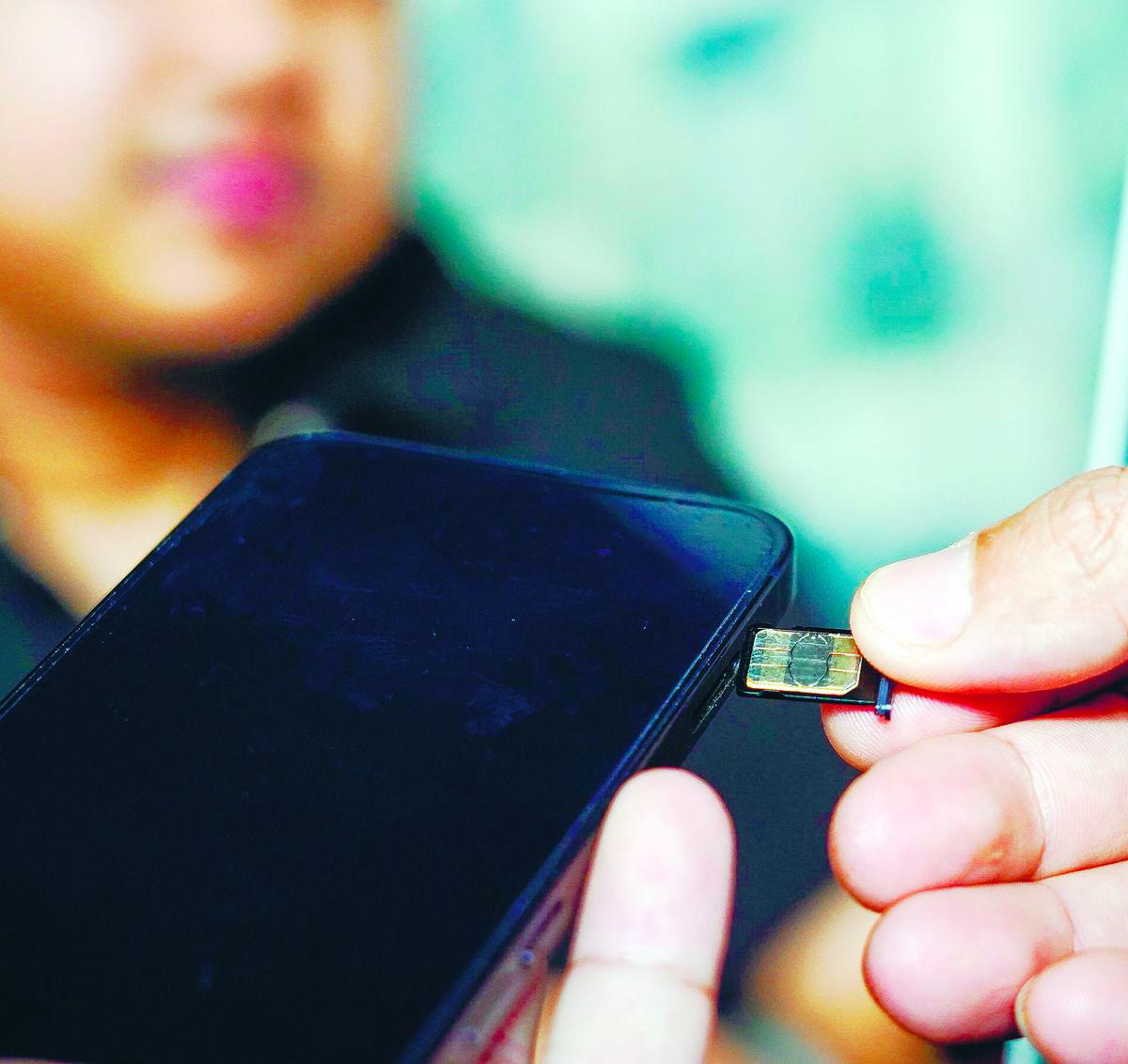PETALING JAYA: The government’s plan to tighten age verification on social media platforms such as TikTok risks falling flat unless Malaysia first addresses weaknesses in SIM (subscriber identity module) card registration and digital identity systems, experts warn.
Malaysian Cyber Consumer Association (MCCA) president Siraj Jalil said while concerns over online threats to children are valid, the real problem lies at the “gateway” of internet access – the widespread availability of pre-registered SIM cards.
“If the government only focuses on social media platforms, it will always be problematic. Look online and you can still find SIM cards already registered under other people’s names being sold openly. This issue has persisted for more than a decade,” he told theSun.
He said such SIM cards are frequently used by cybercriminals to conceal their identities.
“The gateway for criminals remains open. If the government is not serious about tackling this, then pushing TikTok or other platforms is meaningless. You cannot fix the roof when the foundation is already broken,” Siraj said.
He pointed to countries such as Germany, where SIM card registration is integrated with national digital identity systems, enabling stronger monitoring and enforcement.
“Our main weakness is governance of digital identity. Without fixing that, we don’t have a strong voice to demand accountability from international platforms.”
Siraj added that the failure to enforce proper SIM registration also undermines Malaysia’s credibility abroad.
“Foreign SIM cards can even be bought here without registration. So, pushing age checks on social media while ignoring this makes the government’s approach look rhetorical.”
He warned that criminals exploit fake or pre-registered numbers to hide their real identities, making it nearly impossible for authorities to track them.
“Only once the government implements proper governance on digital identity can it credibly instruct social media platforms to remove accounts that don’t meet verification standards.”
MCCA, he added, has long raised the issue at both domestic and international levels but with limited response from authorities.
“We don’t defend TikTok or other platforms. We also criticise them when necessary. But before blaming them, the government must first put its own house in order,” Siraj said.
Echoing the concern, International Islamic University Malaysia deputy legal adviser Dr Sonny Zulhuda described the availability of pre-registered SIM cards as “alarming”, regardless of how widespread the practice is.
“The quantity does not matter. As long as a criminal can easily obtain a pre-registered SIM card, he or she can execute criminal intent with little difficulty. The fact that they are available at all is already alarming ab initio (from the beginning),” he said.
Sonny added that the use of such SIM cards undermines law enforcement’s ability to trace online crimes.
“To establish criminal liability, the first gateway is registration identities. Under Section 114A of the Evidence Act, there is a presumption of publication against anyone whose name or identity is attached to an electronic platform.
“If illegal content is posted using an account linked to another person’s name, the police are entitled to investigate that individual because their identity appears. This legal presumption, however, breaks down when fake or pre-registered SIM cards are used,” he said.
Both experts agree that until Malaysia strengthens SIM card registration and builds a solid national digital identity framework, proposals for stricter age verification on social media will remain largely rhetorical.
Siraj said the government must return to the root of the problem by fixing internet identity registration before turning to platforms.
“Why are criminals so bold on social media? Because they have no identity. They know they can’t be tracked. Even if chased, they won’t be caught, because no one knows who they are. “Once the government strengthens identity verification at the SIM card and internet level, it will then be in a better position to ask platforms to remove accounts that don’t meet requirements, such as those using fake names or profile pictures.”









